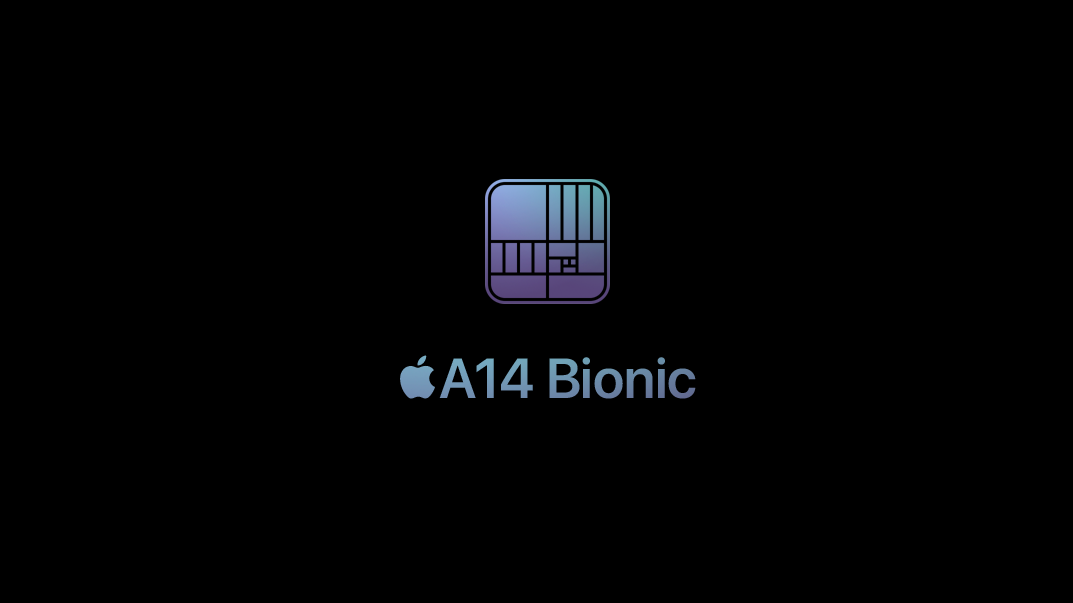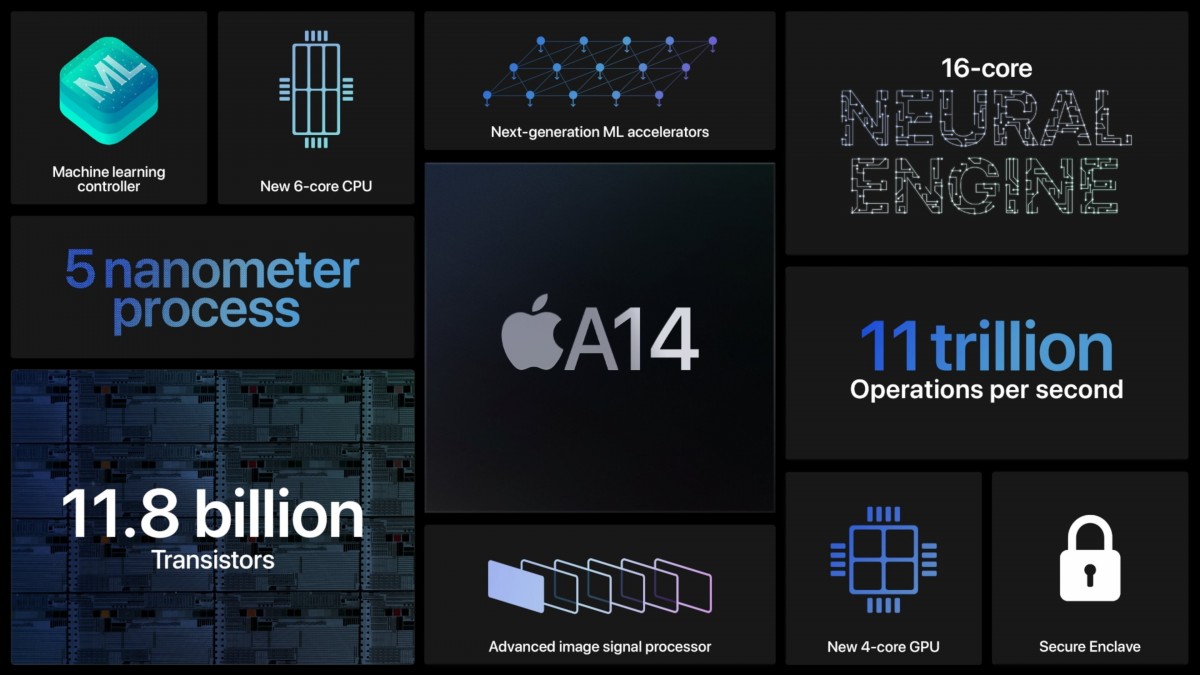Apple A14 Bionic: powering the iPhone 12 and future Macs
A glimpse of the future

At Apple’s ‘Time Flies’ event, the company unveiled new iPads and a refreshed Apple Watch. While the iPhone 12 was a no-show, we did get to learn an important bit about it — the A14 Bionic chipset.
Except for the Macs, all Apple products are powered by indigenously designed silicon, which has helped it stay ahead of the competition. These usually debut on the new iPhones of the year. However with the iPhone 12 getting delayed, the new iPad Air takes the crown for the first product to arrive with the A14 Bionic SoC. This is a particularly noteworthy development as the new MacBooks scheduled for later this year would also be based on the same platform for the first time.

The Apple A14 marks a technological milestone, being the first semiconductor to be built on the 5nm manufacturing process. It beats flagship Android smartphones and Windows computers to the core. It packs 11.8 billion transistors, allowing for significant gains on both performance and efficiency fronts.
It comes with a six-core CPU, which Apple claims could deliver up to a 40% boost in performance compared with the A12. The quad-core GPU could bring up to a 30% spike in graphics performance. The A14 Bionic also includes a 16-core Neural Engine for machine learning tasks and on-device AI, marking a 2x generational propulsion. It has a theoretical throughput of 13 trillion operations per second.
A dedicated ‘Secure Enclave’ is also present on the chipset to take care of sensitive information and privacy-centric tasks.
The A14 Bionic also brings a new advanced image signal processor for photography. Apple didn’t reveal much, presumably leaving that bit for the iPhone 12 keynote. We believe it could improve the processing times and quality of complex imaging tasks such as HDR, Deep Fusion, Night mode, etc. It also enables high resolution and higher frame rates video capture, or even multi-camera simultaneous recording. It remains to be seen what applications are developed to make use of the extra processing power.
We also know that the iPhone 12 series will sport a new LiDAR sensor along with the cameras for sophisticated 3D depth mapping. Announcements around how this sensor would work in real-life applications will make for an extremely interesting part of the upcoming event.
Get daily insight, inspiration and deals in your inbox
Sign up for breaking news, reviews, opinion, top tech deals, and more.
Later this year, Apple will also showcase the first Macs based on custom Apple silicon that replaces the Arm-based chipsets. Speculations are rife that the first wave will indeed be based on the A14's design with tweaks to adapt it for a computer. It could be the first step for its computers to go beyond what Intel and AMD offer.
Apple has always led the pack when it comes to both performance and processing capabilities. The A14 Bionic just takes it further with several enhancements across the board to keep your shiny new device speedy for many years. Its closest in the field will be Qualcomm's Snapdragon 875 that will power next-gen Android flagships starting early next year.
Aakash is the engine that keeps TechRadar India running, using his experience and ideas to help consumers get to the right products via reviews, buying guides and explainers. Apart from phones, computers and cameras, he is obsessed with electric vehicles.
